- HOGAR
- INDUSTRIAS
- INDUSTRIAS
- Caldera Fang Kuai ofrece bajo demanda, soluciones de vapor modulares para aplicaciones industriales y comerciales que requieren vapor de proceso para el calor, esterilización, humidificación, y más.
- PRODUCTOS
- CASO MUNDIAL
- SOBRE NOSOTROS
- NOTICIAS
- CONTACTO





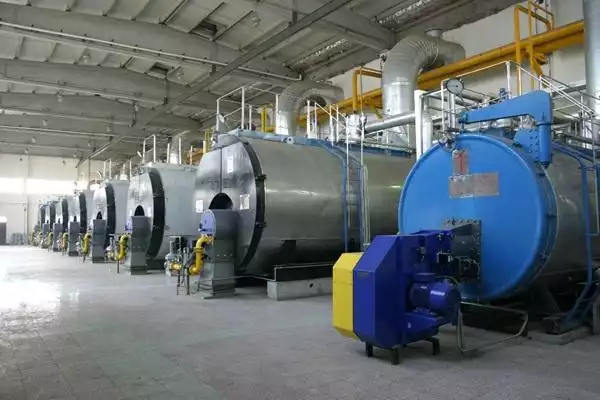
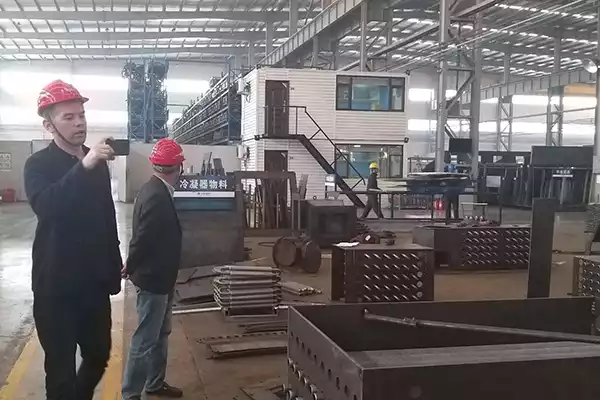
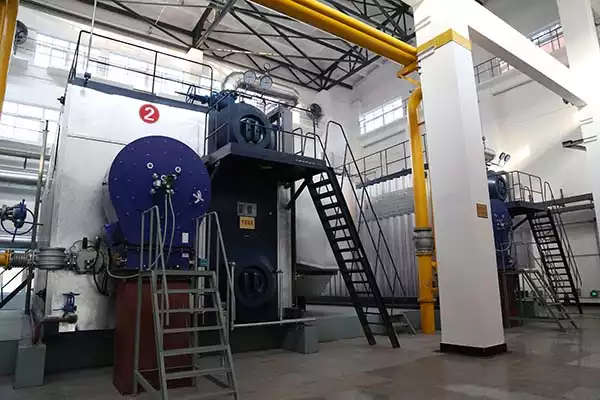
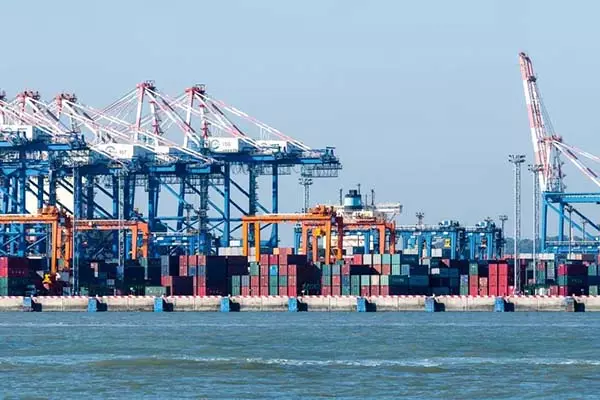
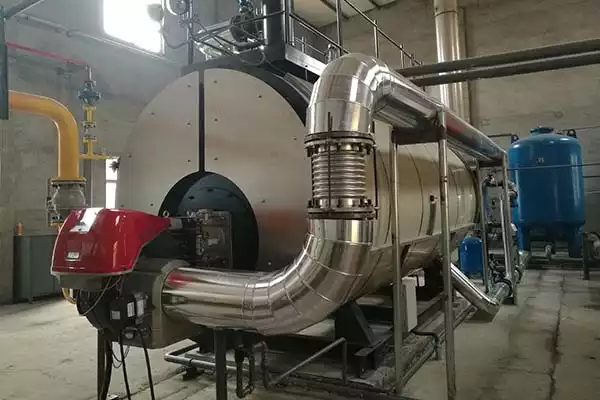
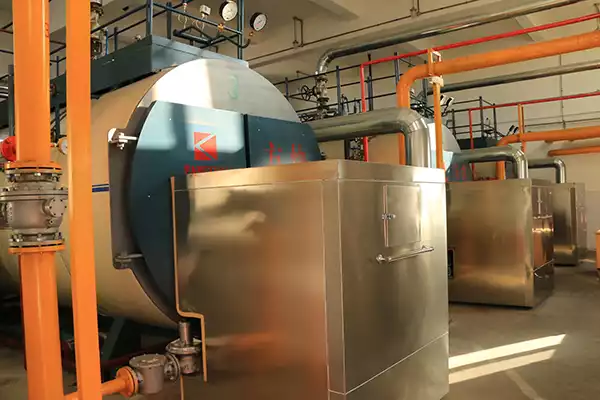
.jpg)



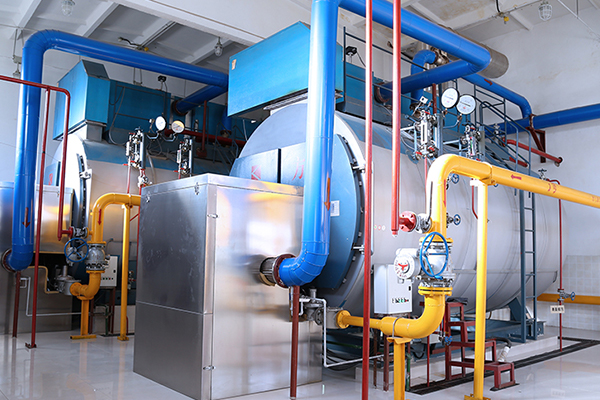
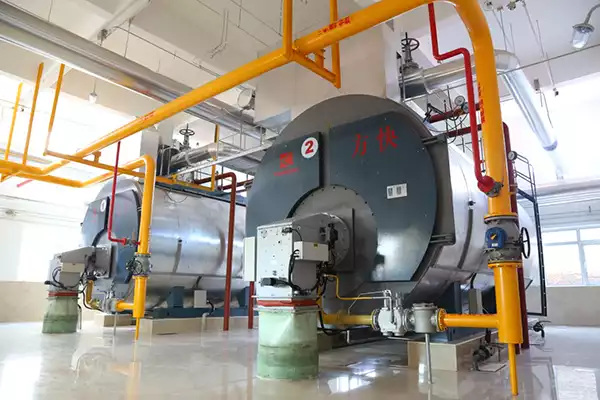
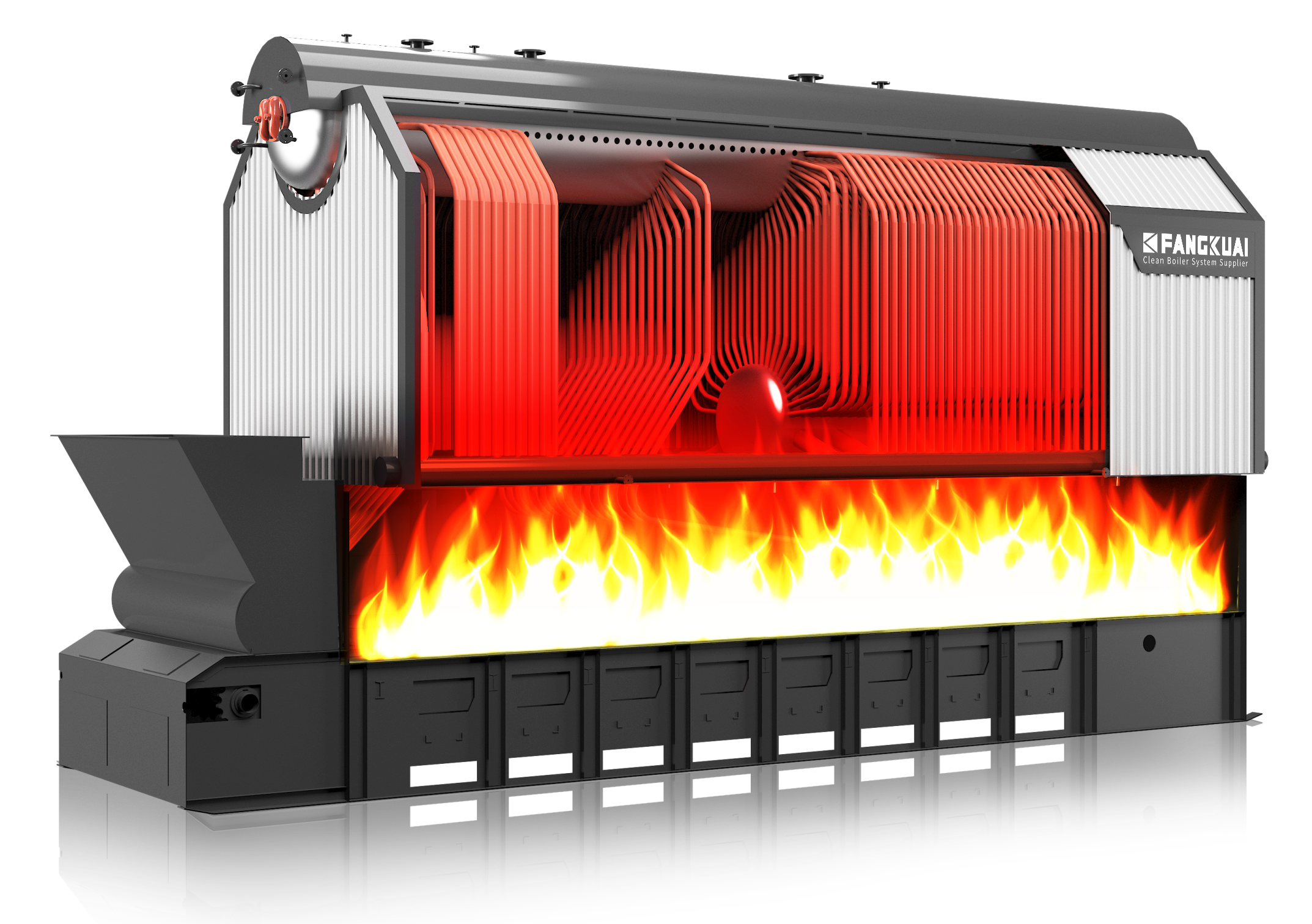
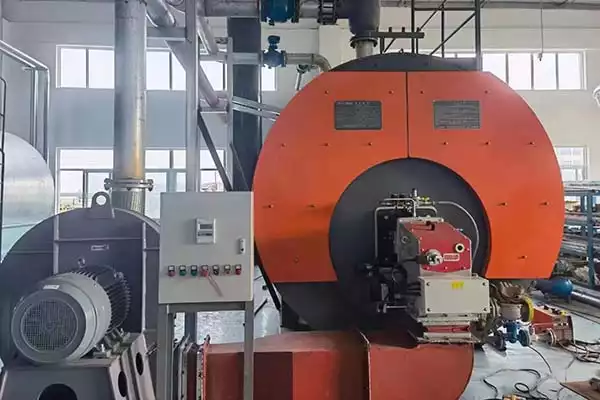
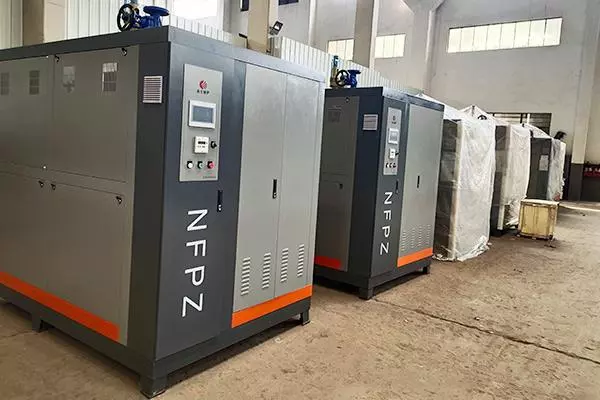
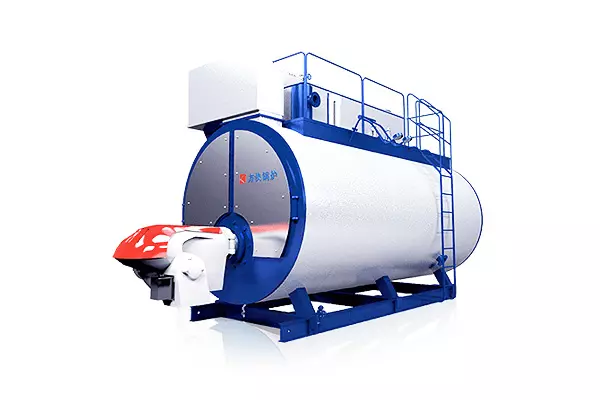
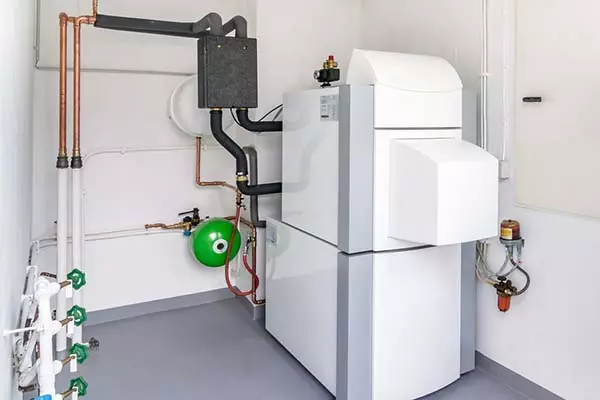
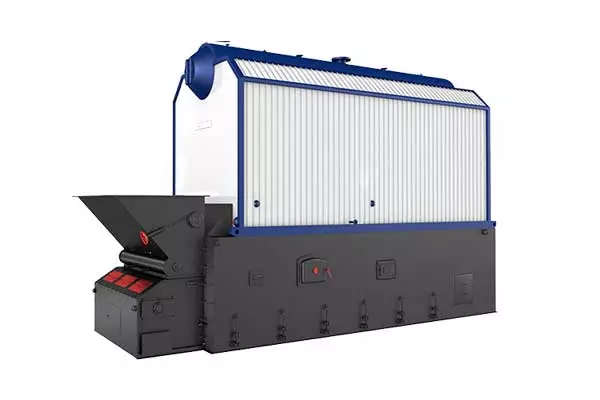



VVer opiniones de nuestro cliente
"El servicio al cliente en Fangkuai es de primera categoría.. Me ayudaron a elegir la caldera perfecta para mis necesidades y me brindaron un gran apoyo durante todo el proceso.. El proceso de instalación también fue muy sencillo y la caldera ha superado mis expectativas.. Es muy fácil de usar y mantener., y la eficiencia energética es notable. Recomiendo encarecidamente los productos de Fangkuai a cualquiera que necesite soluciones de calefacción fiables y eficientes."
Juan
México"Los generadores de vapor de Fangkuai son excelentes. Son muy fáciles de usar y requieren un mantenimiento mínimo.. El servicio al cliente en Fangkuai también es excepcional.. Son muy receptivos y siempre dispuestos a ayudar.. La eficiencia energética de los generadores de vapor también es destacable, que me ha ayudado a ahorrar dinero en mis facturas de energía. Recomiendo encarecidamente los generadores de vapor de Fangkuai."
María
España"Compré una caldera de vapor Fangkuai para mi fábrica y ha estado funcionando perfectamente durante meses.. La calidad de los materiales y la construcción de la caldera son impresionantes.. También es muy eficiente energéticamente., lo que nos ha ayudado a ahorrar dinero en nuestras facturas de energía. Recomiendo encarecidamente los productos de Fangkuai a cualquiera que necesite soluciones de calefacción fiables y eficientes."
John
EE.UU"Llevamos años utilizando la caldera de aceite térmico Fangkuai para nuestra planta química y nunca nos ha defraudado.. La caldera es muy duradera y puede soportar condiciones adversas.. También es muy fácil de operar y mantener., lo que nos ha ayudado a ahorrar tiempo y dinero en mantenimiento. Las calderas de aceite térmico de Fangkuai son de primera y las recomiendo a cualquiera que necesite soluciones de calefacción confiables."
chang
Porcelana"La caldera de agua caliente de Fangkuai es increíble. Se calienta de forma rápida y eficiente., y el agua se mantiene caliente por mucho tiempo. Nunca hemos tenido ningún problema con él y ha mejorado significativamente nuestras operaciones diarias.. El proceso de instalación también fue muy sencillo y el servicio al cliente fue excelente.. Recomiendo encarecidamente las calderas de agua caliente de Fangkuai."
Sara
Canada"El generador de vapor de Fangkuai es perfecto para mi pequeña empresa. Es muy fácil de usar y requiere un mantenimiento mínimo.. También es muy eficiente energéticamente., que me ha ayudado a ahorrar dinero en mis facturas de energía. El servicio al cliente en Fangkuai también es excelente.. Son muy receptivos y siempre dispuestos a ayudar.. Recomiendo encarecidamente los generadores de vapor de Fangkuai."
ahmed
Egipto"Llevamos años utilizando la caldera de aceite térmico Fangkuai para nuestra planta química y nunca nos ha defraudado.. La caldera es muy duradera y puede soportar condiciones adversas.. También es muy fácil de operar y mantener., lo que nos ha ayudado a ahorrar tiempo y dinero en mantenimiento. Las calderas de aceite térmico de Fangkuai son de primera y las recomiendo a cualquiera que necesite soluciones de calefacción confiables."
chang
Porcelana"La caldera de vapor de Fangkuai es perfecta para mi negocio de procesamiento de alimentos. Cumple con todos nuestros requisitos y es muy fiable.. La calidad de los materiales y la construcción de la caldera son excepcionales. También es muy fácil de operar y mantener., lo que nos ha ayudado a ahorrar tiempo y dinero en mantenimiento. Recomiendo encarecidamente las calderas de vapor de Fangkuai a cualquiera que necesite soluciones de calefacción fiables."
json
Brasil"El equipo auxiliar de Fangkuai ha mejorado aún más mi sistema de caldera. La calidad del equipo es excepcional y los precios son muy razonables.. El equipo ha ayudado a mejorar la eficiencia y el rendimiento de mi sistema de caldera, lo que ha supuesto un importante ahorro de costes. Recomiendo encarecidamente el equipo auxiliar de Fangkuai a cualquier persona que necesite accesorios para calderas de alta calidad."
Maryk
Reino Unido